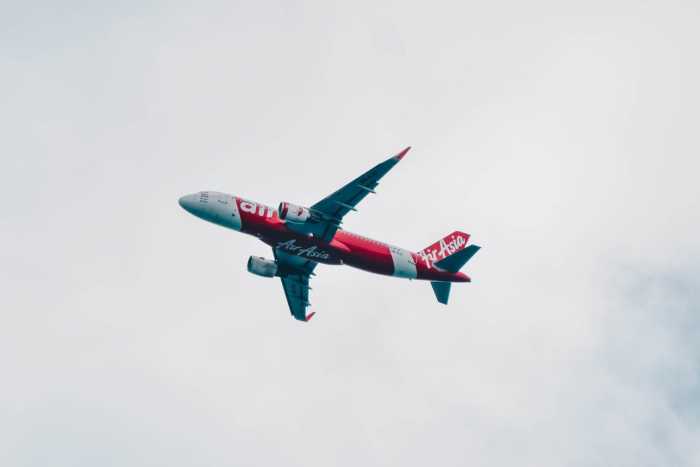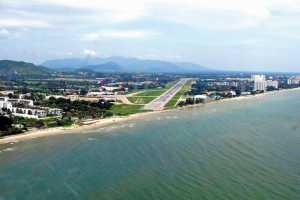
CAPA Names Bangkok Airways Asia Pacific Regional Airline of the Year
11th Dec 2015

Centre for Aviation (CAPA) has named Bangkok Airline as this year's best Asia Pacific Regional Airline. The Thailand-based carrier was recognized for establishing itself as a strategic leader in the region, as well as innovation in the regional aviation market.
Receiving the award in the name of Bangkok Airways from Travelport Vice President for Asia Pacific Damian Hickey was its President Puttipong Prasarttong-Osoth.
A statement about BKP receiving the coveted award said:
'Bangkok Airways was the most profitable airline in Thailand in 2014. Growing and remaining in the black despite the civil unrest in Bangkok. It completed an IPO in November 2014, becoming one of only a few Thai companies to go public in the most difficult of years.'
According to CAPA, the carrier's partnership strategy of offering domestic and regional connections with more than 15 foreign airlines, has allowed it rapid growth in a market mostly ruled by low budget air companies. A big part of this is certainly BKP's ownership of an airport in the resort isle of Samui, as well as owning/operating two more airports. With this, Bangkok Airways is capable of distinguishing itself from its competition.
Largest Foreign Carrier in Myanmar, Second in Laos and Cambodia
Apart from its Thailand base, Bangkok Airways has also managed to put itself in a good position in Indochina and can also boast being the top foreign carrier in Indonesia and the second largest foreign airline in Laos and Cambodia.
Unlike some other airlines in Thailand, namely Thai Air, Bangkok Airways has managed to get through the country's aviation safety downgrade by the U.N. and even stay in positive digits for most of this year, thanks in big part to its ability to differentiate itself strategically.
An official from Bangkok Airways said:
'Bangkok Airways has proven there is still a niche for full service carriers in Southeast Asia's short haul market ' even independent regional operators that are not part of major airline groups. Bangkok Airways has gone against the grain and thrived in an intensely competitive marketplace.'









